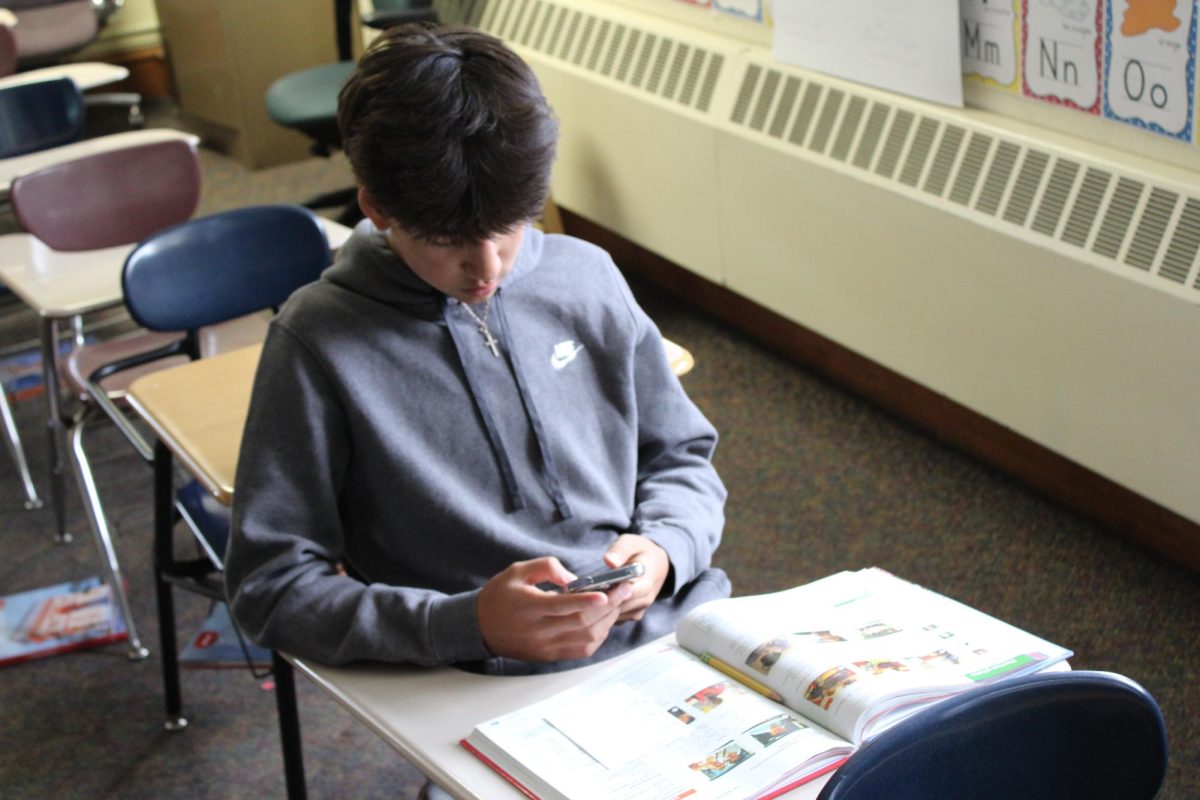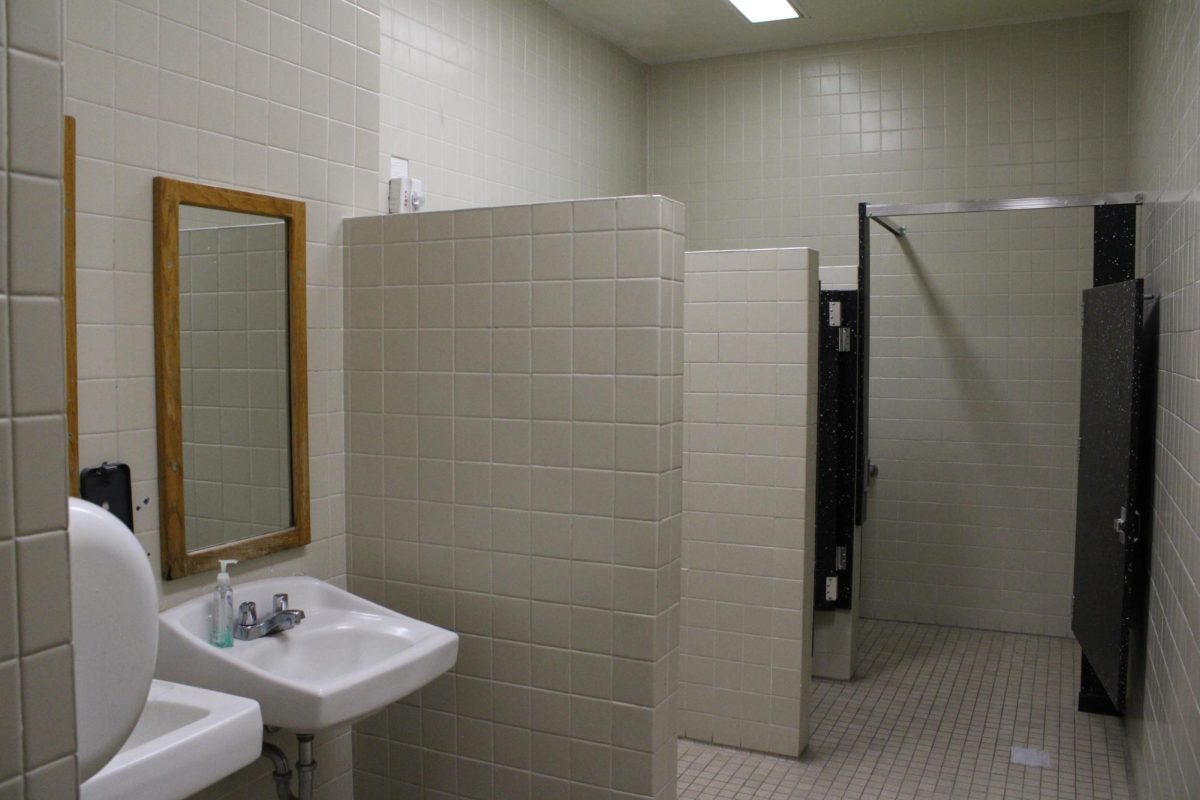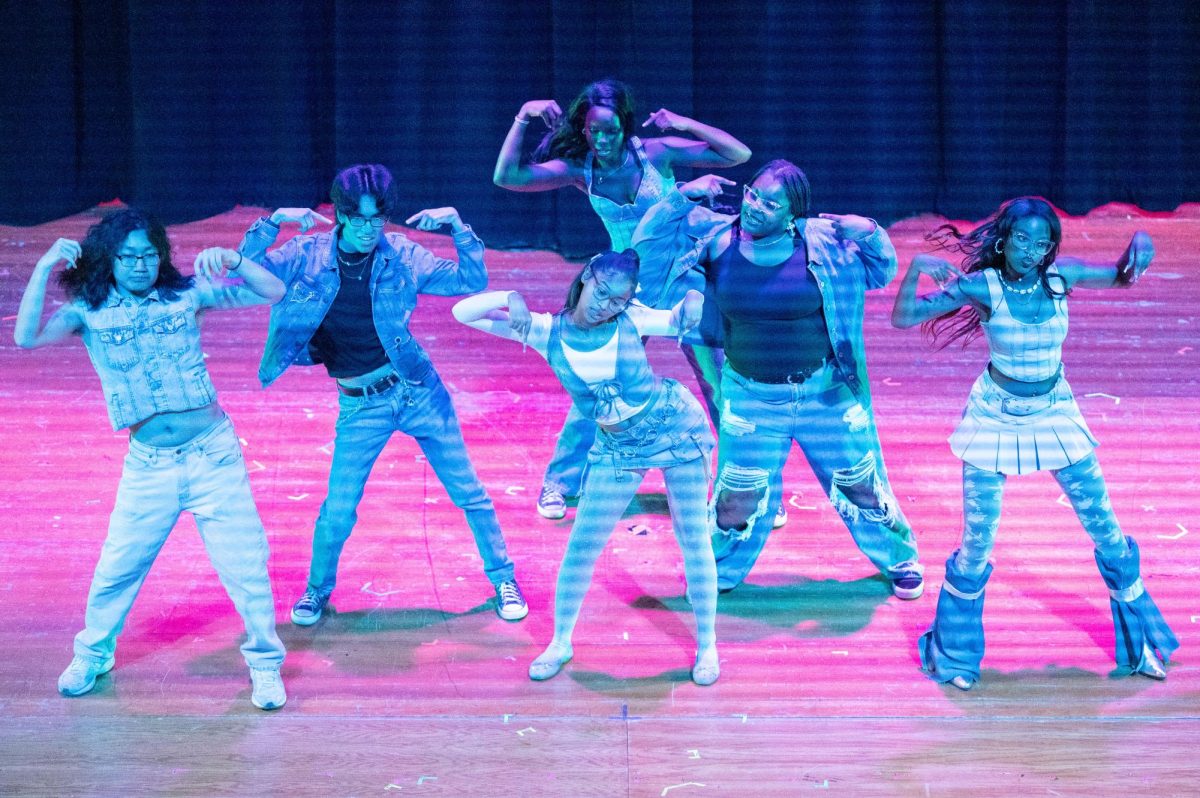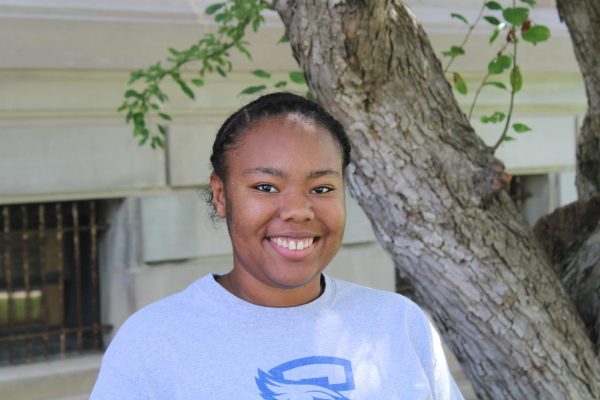The senior class elections have been very competitive this year. Candidates campaigned every single day, posting images of their posters on social media and hanging posters in the courtyard. But, like other elections, there are some issues that should be addressed.
But first, how does the election work? There are two groups for voting: officers and representatives. The officers contain six positions: president, vice president, secretary, treasurer, activities coordinator and historian. There are eight representative positions.
The only way you’re able to run is if you have at least a 2.01 GPA or higher, no suspensions or expulsions, are on track to graduate and attend one of the few officer meetings to gain information on how to run. After the meeting, you must fill out the intent to run form that asks what position you’re running for, a t-shirt design for the senior class and two activity ideas. Presidential candidates were also required to make a video to be displayed in the junior class Teams on the first voting day.
The students running for officer positions campaign first. They can only campaign until the day before the election, the results are said on the announcement and then representative elections begin. The only reason to be dismissed from running in the election is failure to complete the intent to run form, posting mean things about other candidates, bribery or anything else that’s unethical.
But there were some issues with the election and its timeline.
The first thing was the lack of promotional time. There were four officer meetings between Thursday, April 4 and Friday, April 5, meaning the sooner you went to a meeting, the sooner you could campaign. Social media was a benefit as you could reach hundreds of people through one post. Candidates also reposted other campaigns.
For hanging up posters in person, the week of April 7 was terrible. Juniors had the ACT on April 9, no school on Friday, April 12, and no school Monday, April 15. That only left five days to campaign as voting began Saturday, April 13, and ended Tuesday, April16. If students were barely at school, they couldn’t see the signs for the election.
Adding onto that was the lack of locations to put up posters. The administrators created the rule that posters can only be hung up in the courtyard to save the walls from being damaged, which is understandable, but the election is important for both officers and representatives. These people will represent the senior class for a year, presidents even past that. There should be as many juniors as possible who hear about these elections, especially since not all students go in the courtyard every day. It would be more beneficial to open it up to places with equal foot traffic like the cafeteria, the gym, basement hallway and the new addition; this would allow more people to see them.
It could be as easy as bringing them up at the junior assemblies throughout the year or saying reminders on the daily announcements about deadlines. Waiting until the last day to talk about the election isn’t beneficial as juniors think it is too late to run or vote.
On the students’ part, it would be helpful to go around and talk to other junior classes, talking to their own classes and explain to people why it’s important to vote. Not everyone has social media, so talking in person really connects with everyone.
Though everyone who ran in the election would be dedicated to the position they ran for, regardless of who won, there were still students who used their popularity as a tactic to gain votes.
This takes away opportunities for people who genuinely wanted that position but cannot get it because when elections are popularity contests, it’s a power move.
It is really important for people to vote smart, not just for popularity reasons. The character, value and benefits these people will bring to the position should benefit the senior class as a whole, not just one person.

















